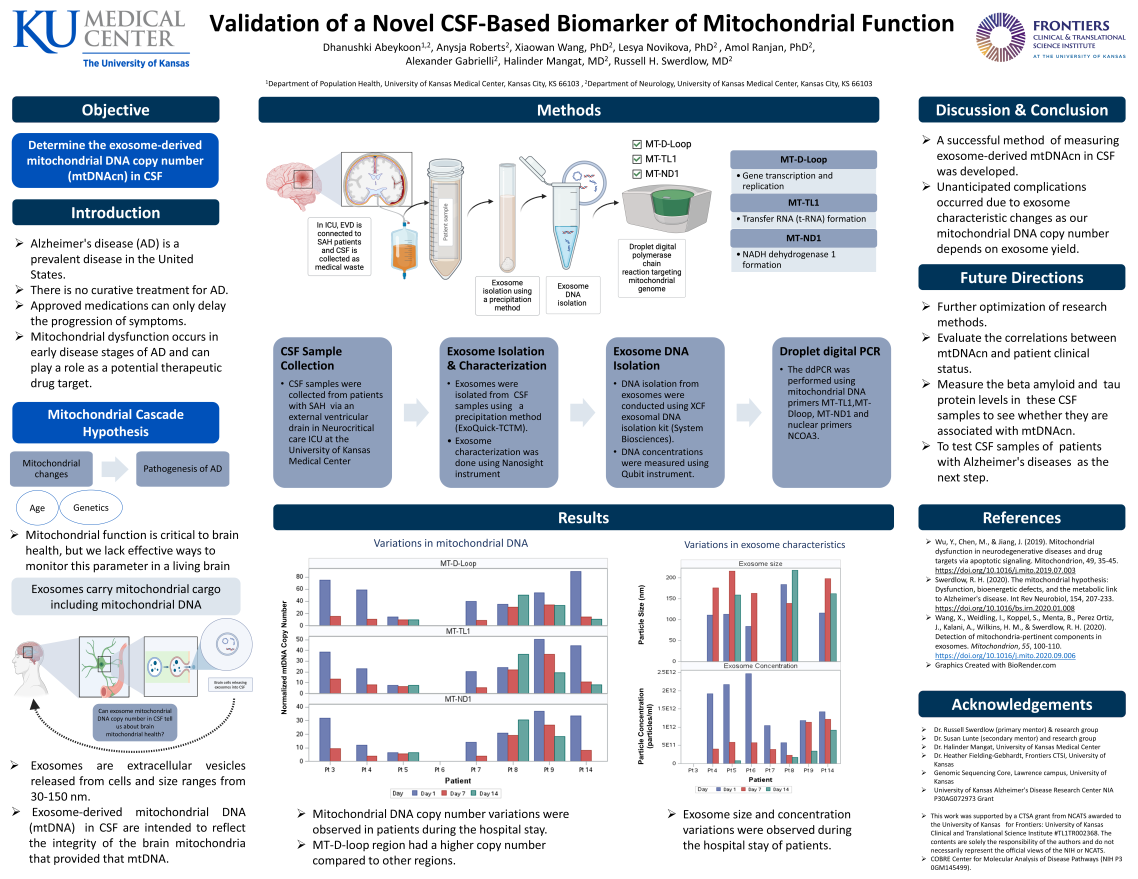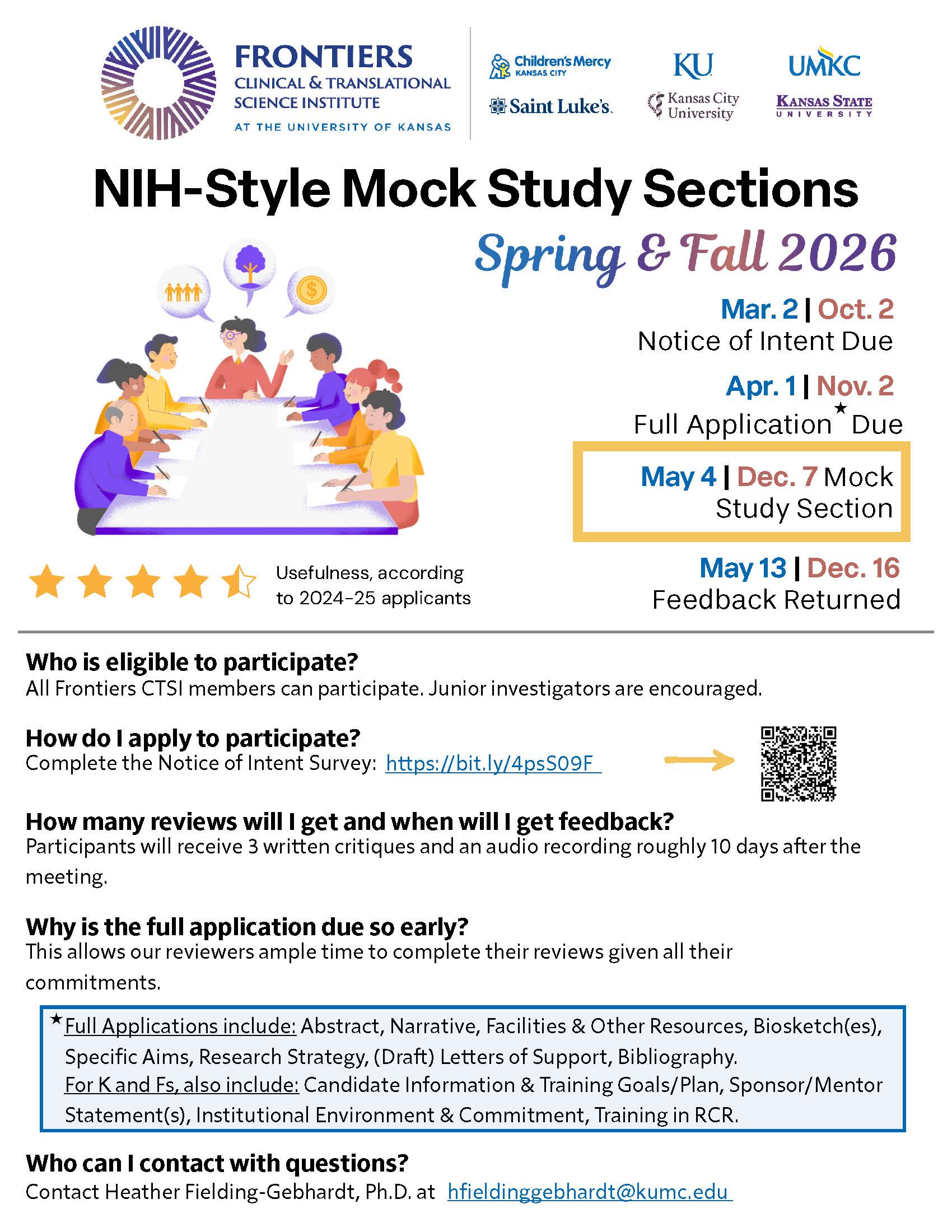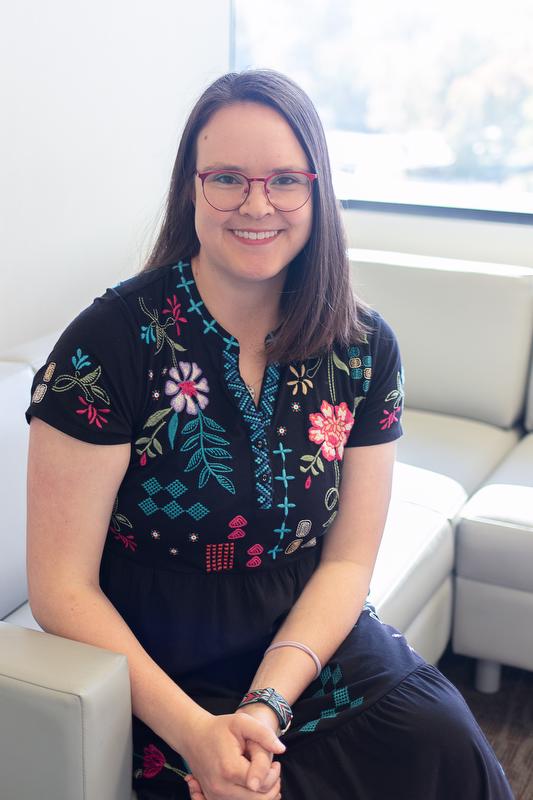Home / Resources & Services / Science Communication Services
Science Communication Services
Research Editing, Mock Study Section, Science Communication, and more.
Frontiers offers free editing and science communication services to help clinical and translational researchers succeed in communicating their research to others. The Biomedical Communications Manager works with researchers to maximize the clarity and effectiveness of their scientific communications, including grant applications, manuscript submissions/revisions, scientific presentations, and communication with non-scientists. The Biomedical Communications Manager is a scientifically literate, non-expert who can provide feedback to ensure that ideas are well-organized, clearly communicated to the target audience, and concisely and professionally presented. Together, the researcher and Biomedical Communications Manager can develop, refine, and communicate scientific findings and proposals to all audiences.
The services outlined below are available free of charge to Frontiers members from all disciplines and career stages across all Frontiers partner institutions.
If you utilize Scientific Communications Services through Frontiers CTSI, please remember to cite us!
Scope of Services
The goal of the Research Editing services offered by Frontiers is to help clinical and translational researchers succeed with grant applications and manuscripts.
Some examples of Research Editing activities include:
- Correcting grammar and word usage
- Reducing word counts
- Refining organization and flow
- Enhancing clarity and specificity
- Creating or improving figures, tables, and graphics
- Standardizing style, voice, narrative, and tone for multi-authored manuscripts
- And more... just ask!
The goal of Frontiers' Science Communication services is to help researchers communicate their research to a variety of audiences, including but not limited to experts, non-experts, scientists, non-scientists, students, educators, policy makers, and elected officials. To help researchers tell their stories, the Biomedical Communications Manager can assist with creating abstracts, posters, presentations, infographics, figures, and elevator talks/pitches.
For this poster, I assisted the lead author with developing the introduction and method diagrams and the results figures. I also helped the author reduce their word count and standardize text formatting. 
The goal of the Mock Study Section (MSS) is for applicants to receive quality feedback on their applications to increase the quality of their grants and increase the likelihood of funding.
The Spring 2026 Mock Study Section is May 4; register to attend. If you have questions, contact Heather Fielding-Gebhardt, Ph.D., at hfieldinggebhardt@kumc.edu.
Who can participate:
- Applicants: Frontiers researchers from all disciplines and all career stages are permitted to apply to have their grants reviewed. Early career and postdoctoral researchers, as well as researchers applying for fellowships and career development grants, are especially encouraged to participate in the mock study section.
Click here to complete an Intent to Submit form. - Reviewers: Reviewers are experts in their fields and they are typically senior faculty with NIH review experience. Although reviewers are usually sourced from Frontiers partner institutions, external researchers will be invited to review when their expertise is required.
- Observers: All Frontiers members are encouraged to attend the MSS as observers if they want to see how the study section is run or if they would like to learn what to expect when submitting an application for review.
What is the process?
Applicants submit a full grant application before the MSS. They will receive written critiques of their proposals from three reviewers with expertise in their area of research and prior NIH funding and study section panel experience. The Frontiers MSS currently accepts submissions for R-, K-, and F-series proposals. Here is a list of components that are required for participation.
When is the next MSS?
Mock Study Section is offered twice a year.

Other Services
The Biomedical Communications Manager can:
- Create, modify, or advise on recruitment materials, including flyers, letters, and videos. If you are interested in creating a recruitment video, please allow at least 4 weeks for project completion.
- Help researchers respond to manuscript and grant reviews by creating a revision action plan to consolidate reviewer critiques into actionable steps.
- Provide researchers with letters of support from Frontiers that offer collaboration with Frontiers' many research cores.
Course-work, qualifying papers or exams, and culminating projects are not part of the Frontiers Science Communication Services. For scientific writing and editing assistance with Theses and Dissertations, students should contact their respective writing centers:
- KU-Lawrence Writing Center
- KUMC Writing Center
- UMKC Writing Studio
- UMKC Graduate Writing Initiative
- K-State Writing Center
- KCU Libraries- Writing Resources
Other online resources that may be useful include:
Grant Writing Resources
We are excited to announce the Frontiers Grant Library! The library includes examples of successfully awarded applications from Frontiers Investigators across a range of mechanisms, including NIH awards and Frontiers Pilot awards.
You can browse the Grant Library Index before requesting access through REDCap.
If you would like to contribute your own successfully awarded NIH grant, you can deposit it here.
All grants will be reviewed and sensitive information will be redacted prior to being uploaded to the library.
Researchers affiliated with KUMC can access the Facilities and Resources Boilerplate Library through the KUMC Sharepoint.
Researchers affiliated with Children's Mercy can access the Children's Mercy Kansas City Research Resources.
The NIH provides tools, templates, and resources to support investigators writing grant proposals. The links below provide access to some of these resources and templates.
Writing an NIH Grant Application
How to Write the NIH Specific Aims Page
NIH Next-Generation Researchers Initiative
NIH Rigor and Reproducibility Guidelines
NIH Bio-Sketch Samples and Guidelines
NIH Mission Statements for Institutes and Centers (ICs)
Eligibility, Priority, and Timeline
The Science Communication Services are open (and free!) to clinical and translational researchers at all of Frontiers' partner institutions. Frontiers makes efforts to accommodate all requests for scientific communication services, but the Biomedical Communications Manager may triage requests during busy periods.
Please note: Research Editing and Science Communication services do not include assitance with Dissertations, Theses, and course papers. For assistance with those manuscripts, please contact your institutions writing assitance office.
Priority is based on timing and type of request, researcher's career stage, and alignment with the overarching goals of Frontiers. Consideration is given to those who:
- Are engaged in Frontiers' programs (trainees, awardees, etc.)
- Are early-career investigators moving towards independent research careers.
When necessary, deadlines for submission are also considered.
It is highly recommended that researchers contact the Biomedical Communications Manager early to allow for an initial consultation and multiple iterations before the finished project. The following turnaround times are requested, at minimum:
- 1-2 Weeks: Abstracts, Figures, Tables, Graphics, Formatting
- 2-3 Week: Posters, Oral Presentations (slides), Manuscripts (<20 pages)
- 3-4+ Weeks: Full Grant Proposals, Manuscripts (>20 pages), Revision Action Plans
Most funding agencies recommend starting an application 3-6 months before the deadline. Advance preparation ensures time for multiple rounds of review and feedback - from the funding agency, as well as from mentors, colleagues and editing services. Take time to understand agency priorities, get to know your audience, and refine your writing. To maximize the quality of support for a National Institutes of Health (NIH) application, please contact the Biomedical Communications Manager at least one month prior to the external deadline.
Meet the Team

Heather Fielding-Gebhardt, Ph.D.
Biomedical Writer/Science Communications Manager
hfieldinggebhardt@kumc.eduInterested in Learning More?
One of our Navigators would be happy to assist you in learning more about their respective areas by contacting us below.
